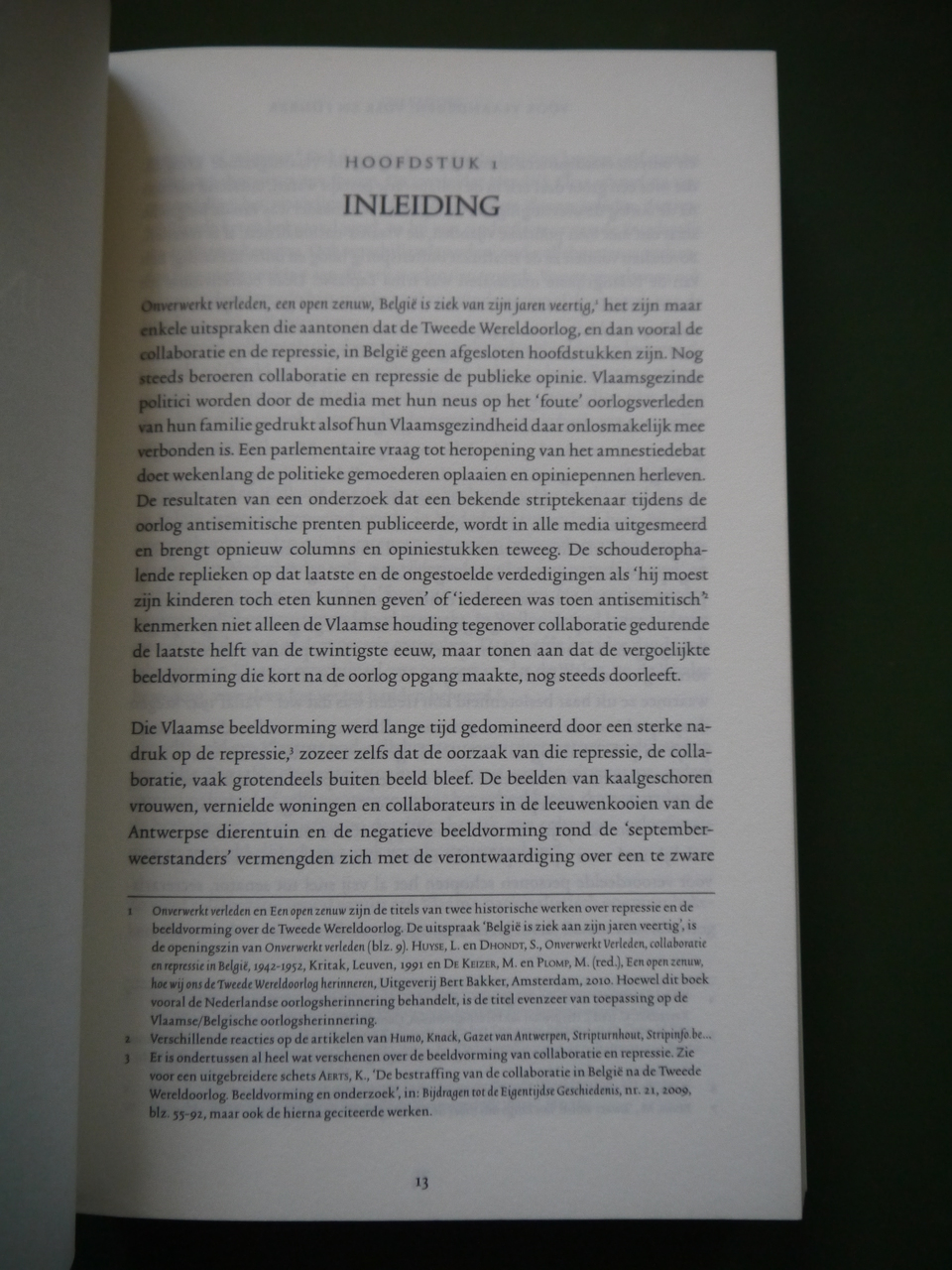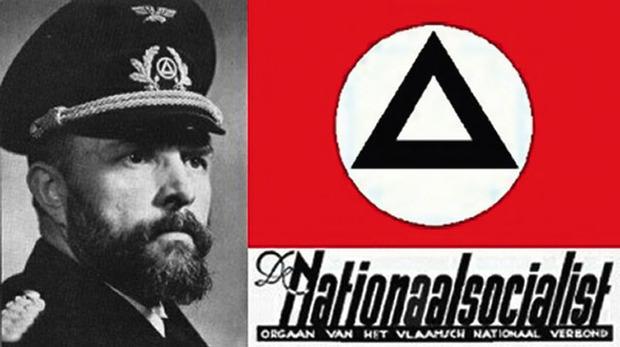

These are rich sources which, however, have to be read very critically by the historian. She took a random sample of one per cent of all Flemish collaborators sentenced for collaboration, which meant 326 different case files. Sax looked for an answer to three seemingly simple questions: Who were the collaborators? Why did they do what they did? What was their view of the world? She looked for answers in the post-war criminal proceedings of collaborators who have been sentenced after the war. The decision to leave out French-speaking Belgians seems reasonable because different collaboration movements developed along both sides of the Belgian language border. This book is one of the first attempts to study Flemish (Dutch-speaking Belgian) collaborators from a bottom-up perspective. The myth is both shared and disputed.Up until now, collaboration with the National Socialist occupier in Belgium during the Second World War was mainly considered from a top-down perspective. Results suggest that differences between DS and FS in political position taking regarding the granting of amnesty are partly due to differences in representations of collaboration, and to different perspectives towards the same historical representation. Interestingly, SA was predicted by judgments of morality of DS, but not of FS, collaborators, in both groups, as if francophone collaboration was deemed irrelevant. This effect of Linguistic Group (LG) on SA was mediated by judgment of morality of collaboration, and this mediation was moderated by identification with the LG.


However, DS expressed more Support for Amnesty (SA) than FS. A questionnaire survey (N = 521 315 FS and 206 DS) showed that collaboration was represented negatively and was morally condemned in both groups.

Demands for amnesty addressed by nationalist Flemish parties are a case in point. These representations regularly resurface in political debates surrounding the Belgian linguistic conflict. According to a popular myth coined after the war and often narrated in the media and literature, collaboration was widespread in Flanders, whereas Walloons bravely resisted, although historical reality is much more nuanced. Collaboration with the Nazi occupier during WWII has always been a topic of dissent between French-speakers (FS) and Dutch-speakers (DS) in Belgium.


 0 kommentar(er)
0 kommentar(er)
